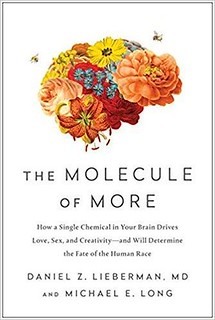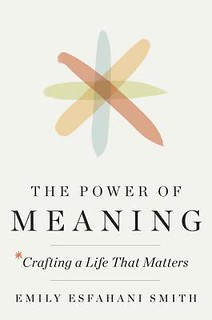by Ying Su
On Human Desire
It is just human to desire something, whether it is the tangibles or the intangibles. Tangible things can be houses, cars, luxury handbags, or the newest tech gadgets. In the name of passion or taste, people are willing to go to great lengths and pay a big price for the tangibles. However, these things are often just a medium to express the intangibles a human truly desires. On the surface, the intangibles could be fame, popularity, respect, or power. Though it is a basic human need to feel respected and autonomous, philosophers and scholars in various disciplines have suggested a deeper and more universal desire—a sense of superiority.
In 1889, American economist and sociologist Thorstein Veblen coined the term “conspicuous consumption” in his work The Theory of the Leisure Class which analyzes the American upper class’s behaviours in displaying higher social status. In The Luxury Strategy, the French brand strategist and scholar Jean-Noël Kapferer devotes the first chapter to elaborate on the concept of conspicuous consumption and its connection to the need of luxury to satisfy the desire for a sense of superiority. In her entertaining memoir—Primates of Park Avenue, Wednesday Martin, Ph.D., describes what women in New York City’s upper class do to establish and maintain higher status over each other.
Our collection has some great titles on the topic of human desire. They are not only about the dark side of desire but also provide suggestions on how to use our desire constructively and to our advantage.

The molecule of more : how a single chemical in your brain drives love, sex, and creativity–and will determine the fate of the human race / Daniel Z. Lieberman, MD and Michael E. Long.
This title explains what dopamine is and how it affects human desire and behaviours. Interestingly, dopamine is only responsible for wanting and drives action to pursue what we want. It is the H&N molecule that determines whether we enjoy something. The authors suggest that the pursuit of mastery could be a constructive use of human desire.

Wanting : the power of mimetic desire in everyday life / Luke Burgis.
Often, we think our desire is original. At the same time, we are aware that we want what other people want too. Burgis draws on René Girard’s theory of mimetic desire to explain how people always derive their desires through others’ desires, and how conflicts and violence arise from such mechanism of desire.

The power of meaning : crafting a life that matters / Emily Esfahani Smith.
Smith discusses the most important human desires contributing to human flourishing: namely, a sense of belonging, self-actualization and transcendence. These desires are also the topics of the higher tiers in Maslow’s hierarchy of needs.